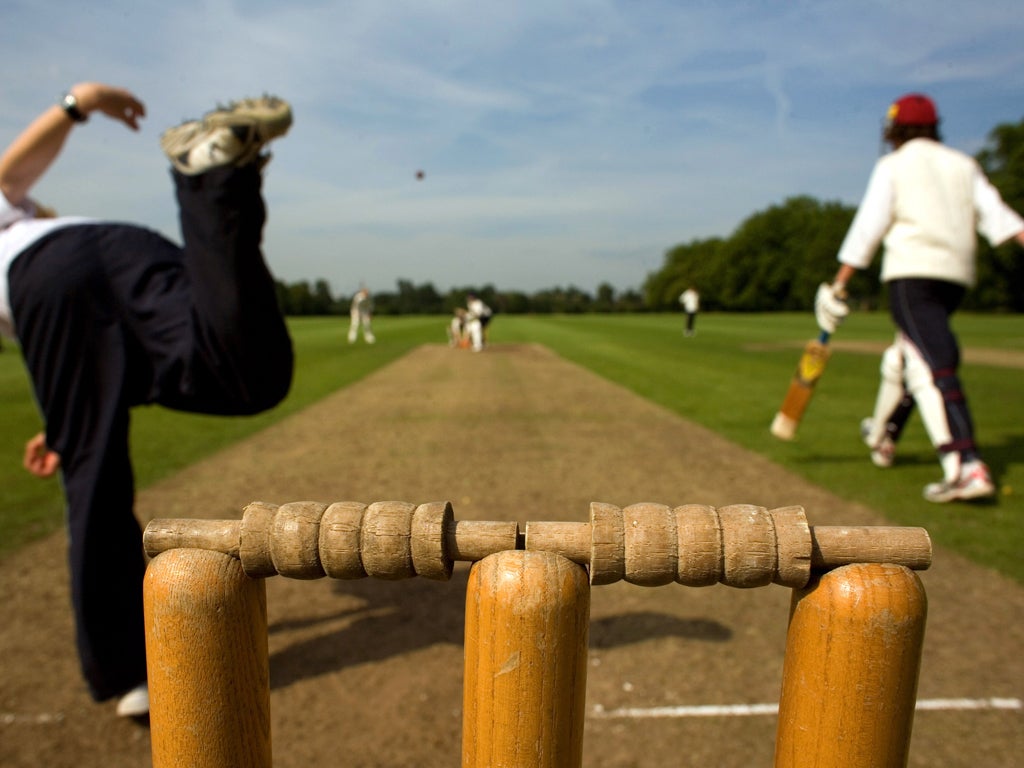Until the virtues of sport are accepted in our state education system, opening up private school playing fields won't make the tiniest difference
Our Architecture Critic responds to a familiar call from an outgoing Olympic chief

The outgoing chairman of the British Olympic Association, Lord Moynihan, said yesterday that private schools registered as charities should share their sports facilities with local state schools as “an essential part of the public benefit requirement under the Charities Act”.
No kidding. The vast gulf between state and private provision has just been forcibly illustrated by the fact that the Olympic rowing was held at Eton College’s private rowing lake. For decades, the school made do with the Thames. But the river is cluttered with pleasure boats so the school built a lake more than 2km long. Neither money nor space was any object. And the construction left all the countless cricket, rugby and football pitches; the squash, tennis, rackets & fives courts; the nine-hole golf course, the gymnasia and both the indoor and outdoor swimming pools entirely undisturbed. Privilege on that scale is so indefensible that even an Old Etonian or a natural Tory – and I’m both – would surely agree with Moynihan: it has to be shared. Forget public benefit requirements, it’s a simple moral duty.
To be fair, Eton’s authorities are well aware of it. Its old running track has been transformed into a regional athletics centre in partnership with local councils and the National Lottery. It’s a fine example of community involvement, but there are two significant problems with extending it across the full range of sports facilities as Moynihan suggests.
The first is that private schools need access to their courts and pitches every single day of every school week. The second is that state schools don’t.
Having spent 10 years in boarding schools as a boy and then having educated my children mostly through the state system, I know from experience that the privilege enjoyed by public schoolboys and girls is at least as much a question of attitudes as facilities. From eight to 18, I played some kind of sport every afternoon, weekends included, most of it fiercely competitive. State schools, by contrast are actively opposed to competitive sport at primary level and even at the best comprehensives seem half-hearted, at best, in their commitment. Politicians can say what they like about the need for change, but this isn’t a matter of the odd speech here and a policy document there.
It means an investment of time, money and, above all, the will to create an educational culture that sees sport as central to education. It means accepting that participation and pleasure are essential, but that children are naturally competitive, too. It means coming to terms with discredited concepts like discipline, sacrifice and striving to join the elite. Without those ideals being woven into the very fabric of state education, you can open up every private playing field and sports hall in the country and it won’t make a damn bit of difference.

Join our commenting forum
Join thought-provoking conversations, follow other Independent readers and see their replies